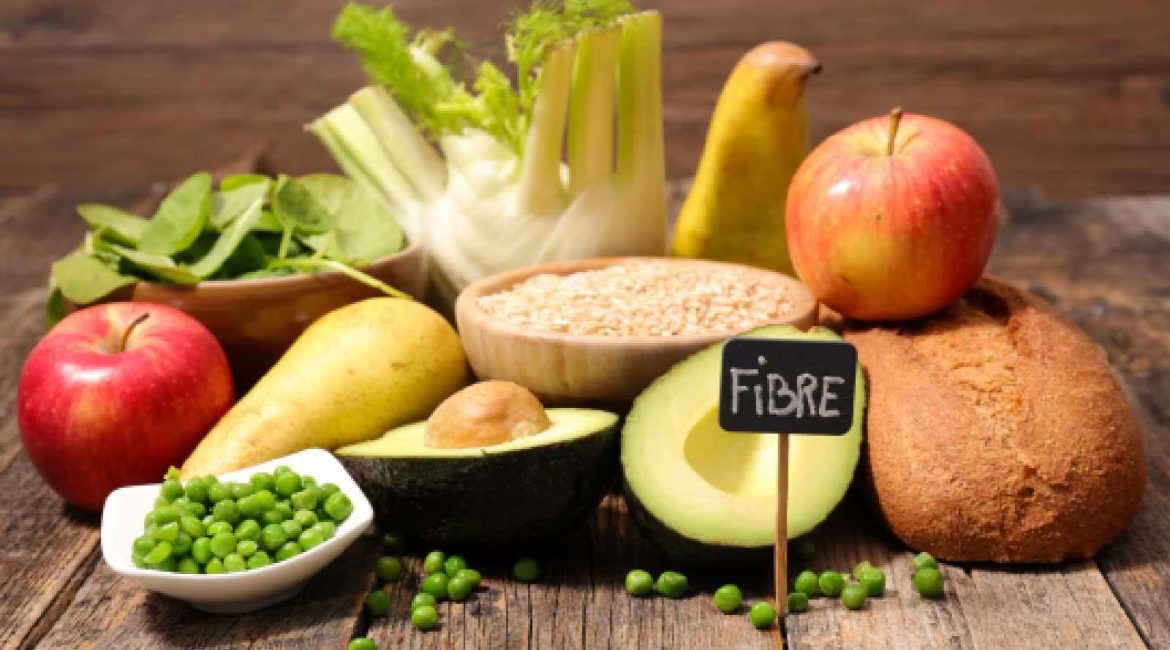Fiber is one of the most important nutrients for a healthy diet, yet many people don’t get enough of it. Found in fruits, vegetables, whole grains, and legumes, fiber plays a key role in digestion, weight management, and overall well-being.
How Fiber Supports Digestion
Fiber acts like a natural cleanser for your digestive system. It adds bulk to stool, making it easier to pass and preventing constipation. Additionally, fiber feeds good gut bacteria, improving gut health and reducing bloating.
Fiber and Weight Management
Eating fiber-rich foods helps control hunger and reduce cravings. Since fiber slows down digestion, it keeps you full longer, preventing overeating. High-fiber foods also help regulate blood sugar levels, reducing the risk of energy crashes and sugar cravings.
Best Sources of Fiber
To increase your fiber intake, include these foods in your diet:
• Fruits and vegetables (apples, berries, carrots, spinach)
• Whole grains (oats, quinoa, brown rice)
• Legumes (lentils, chickpeas, black beans)
• Nuts and seeds (chia seeds, flaxseeds, almonds)
How to Add More Fiber to Your Diet
1. Start your day with oatmeal or whole-grain toast.
2. Snack on nuts, seeds, or raw veggies instead of processed snacks.
3. Swap white rice and pasta for quinoa or brown rice.
4. Include more legumes in your meals, like lentil soup or hummus.
5. Choose whole fruits instead of fruit juices for more fiber and nutrients.
A high-fiber diet not only improves digestion but also supports weight loss and long-term health. Make small changes to your daily routine, and your body will thank you!
